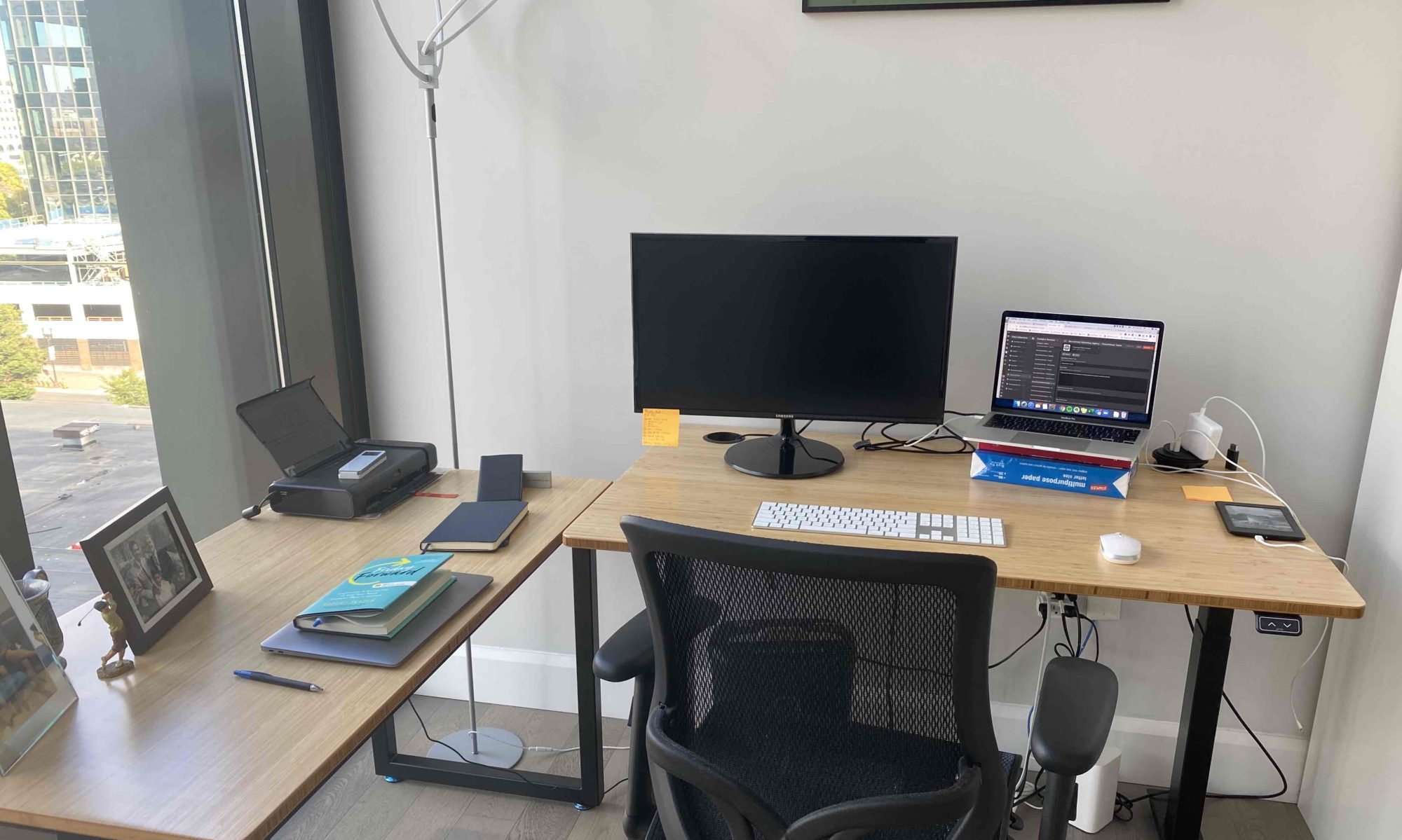Well – no, I’m not talking about running shirtless through a speed dating session or getting into fights over members of the opposite sex at bars (all of which I would call “disruptive”). Although, that would be a really fun post.
The Spark
A friend of mine met his girlfriend through match.com. And, ironically, she was only a second degree of separation away – meaning that one of his friends actually knew this girl. If this common connection knew both of these love birds, why did he not connect them in the first place (instead of making them resort to online dating)? More importantly, how powerful is our second degree network? I’m sure that this force has been harnessed by all of us at one time or another to get a job, or borrow a car for the weekend. And, hopefully there will be easier ways of utilizing this resource through the evolution of social applications (LinkedIn comes to mind).
So, we’ve identified an opportunity. Instead of meeting your future consorts through an algorithm (match.com), or out at a bar (life), why not leverage the power of the people that know you best to find suitable potential mates? How do we do this?
The Idea
My first reaction is to build an application on a social network (probably facebook) that allows a common connection to “match” people. Basically, if I know my friend Cindy and my other friend John who are in mutually exclusive social circles are both single and I think they’d get along, then I put them in contact together. Maybe if they email each other I get points, and if they actually end up dating I “level up” to a “matchmaker.” Game mechanics would basically drive people’s incentives to match up their friends.
Also of interest, I’ve found that several people simply go through a friend’s facebook pictures in hopes of finding Mr/Ms Right posing for a candid (as strange as that sounds to actually write down). What if, after not so creepily perusing friends’ facebook pics in hopes of finding mr/mrs right, we could tell our mutual friend in common that we were interested in being set up. The key is to indicate that you want to be connected, and then have your friend actually put you together.
Here’s another example of one’s second degree helping out: Say you want a job in advertising in New York. If you have 30 friends that live in the city, then you’re probably going to have a few 2nd degree connections to advertising execs. What if there was a way to let your network know what you’re looking for, and actually stay top of mind? Would people be willing to pay to be on someone’s dashboard (where a dashboard is a listing of people you know who want a job/date/apartment/etc)? And, why are people checking their dashboard in the first place? Maybe they are seeing if any of their requests are fulfilled.
Maybe some people have to pay to be on someone’s dashboard, and others come up to the top because they’ve done that person a favor before, or are a highly valued contact (do your boss a favor and maybe she’ll return it later). Food for thought.
